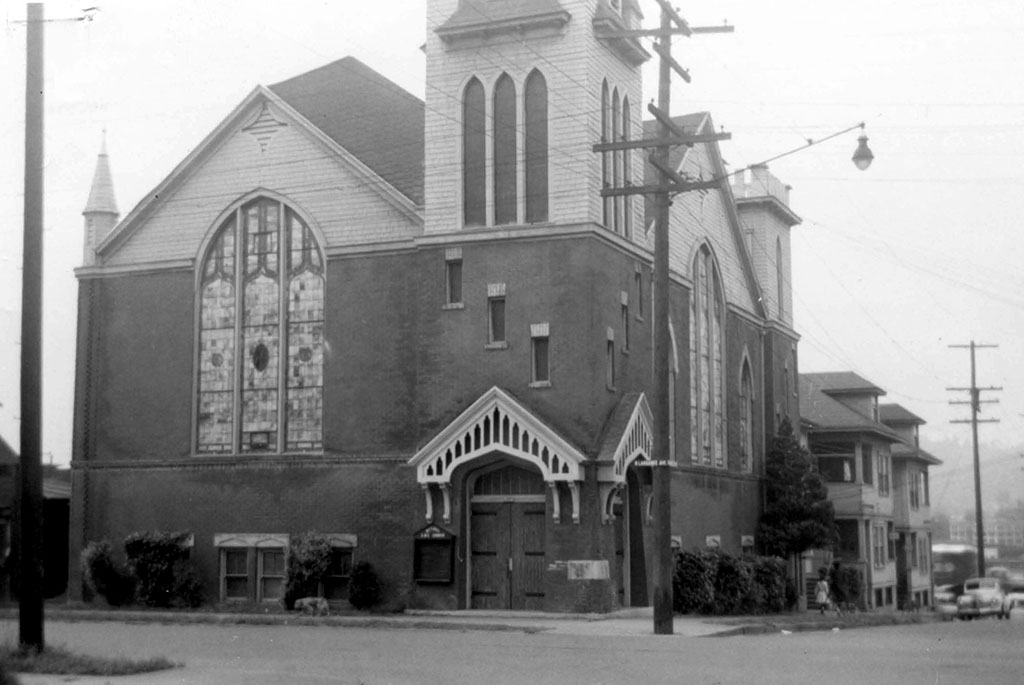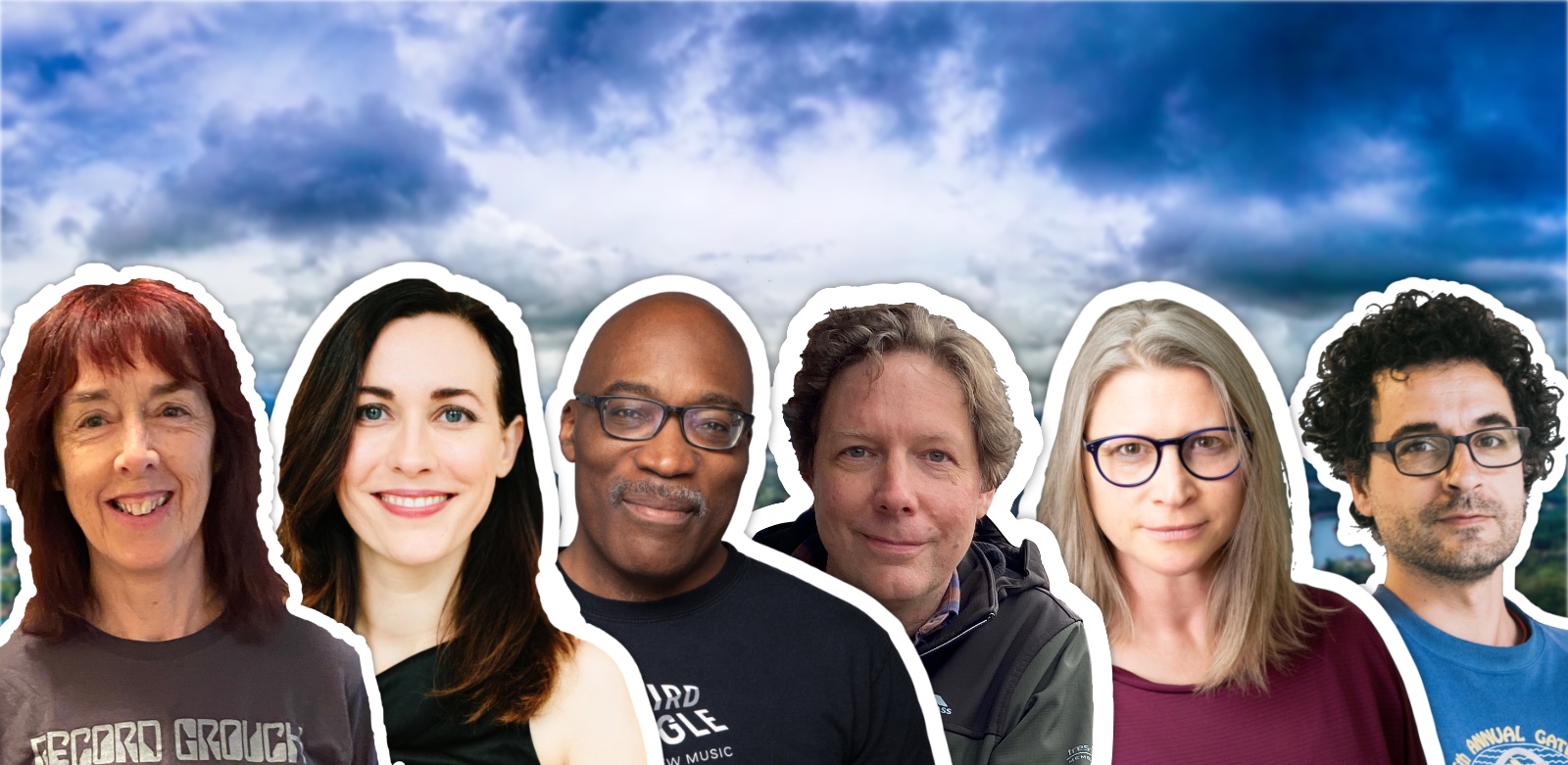
Where once a house was were many houses
Anis Mojgani
Portland’s inner-northeast neighborhoods were once home to over 200 Black churches. The remaining wooden and brick buildings, ranging from tiny storefronts to imposing brick edifices, are the inspiration for Come Sunday. Created by jazz artist and composer Darrell Grant, Come Sunday is a pilgrimage in sound and time that winds through the King, Humboldt, and Alberta neighborhoods — once the heart of Oregon’s largest Black community. Beginning in DeNorval Unthank Park and culminating at Bethel A.M.E. Church, the oldest continuously operating Black church in Oregon, the soundwalk passes thirteen houses of worship that stand as islands documenting the rich history, hopes, and community ties that wove together a community. Combining oral history, African-American spirituals, poetry, historical texts, jazz piano, new music, and the sounds of the neighborhood, Come Sunday paints an aural portrait of community inspired by the singular institution at its heart — leading the fight for justice, serving the vulnerable, holding the community in good times and bad — the Black church.
Speak to the Home that was
Anis Mojgani
Credits
Hosted by: Third Angle New Music



how do I play this?
The audio is available on the linked website. But, here’s a direct SoundCloud link:
https://soundcloud.com/thirdangle/come-sunday-a-soundwalk-from-denorval-unthank-park-by-darrell-grant?utm_source=clipboard&utm_campaign=wtshare&utm_medium=widget&utm_content=https%253A%252F%252Fsoundcloud.com%252Fthirdangle%252Fcome-sunday-a-soundwalk-from-denorval-unthank-park-by-darrell-grant